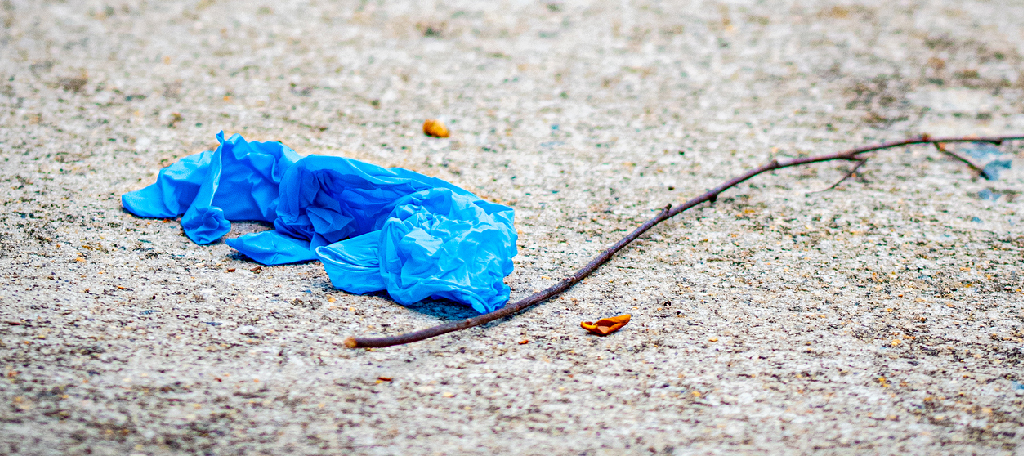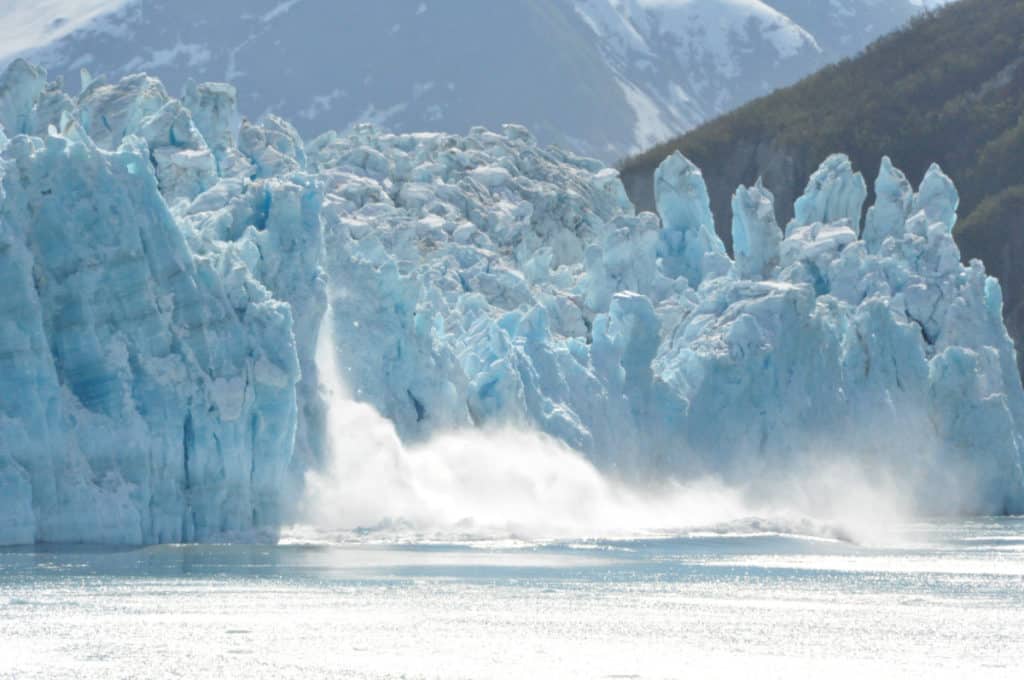While the momentary pause in the global economy as a result of the coronavirus has resulted in less air pollution, it has caused a dramatic increase in plastic waste. Take a moment and consider what is in demand to fight this virus. Surgical masks, gloves, medical equipment, and much more are necessary.
However, all of these things have one common ingredient: plastic.
In order to properly fight and contain the virus, governments around the world and everyday citizens are competing with each other to stockpile these necessities. However, producing all of these products has led to an increase in plastic waste. And it has to go somewhere.
Where Does All of This Plastic End Up?

You may believe that when a deadly and contagious virus is threatening the world, personal protective equipment (PPE) would be thrown away responsibly. However, you would be very wrong.
Unfortunately, many deserted streets are littered with plastic gloves, face masks, and other protective equipment. And when it rains, these single-use plastics find there way into the sewers. This is how most plastic normally reaches the oceans.
Not only is does this increase the likelihood of the virus spreading, but it also adds on to our already severe plastic waste problem.
Single-Use Plastics Are Safer
While single-use plastics have come under fire in recent years, and rightfully so, the legislation that banned them is being suspended or lifted. This is because reusable plastics have a higher chance to be infected. You can use them multiple times after all.
This makes using single-use plastics like water bottles, utensils, coffee thermals, bags, and more a much safer option. However, this is leading to a serious influx of plastic pollution.
Unfortunately, they are only safer when you throw them out correctly. The coronavirus sticks to many types of surfaces and plastic is no exception. In fact, the virus can survive on plastic and stainless steel surfaces for up to 72 hours.
Thus, when they are thrown away recklessly as they have been, it’s actually more dangerous than before. Not to mention that they end up in the ocean.


